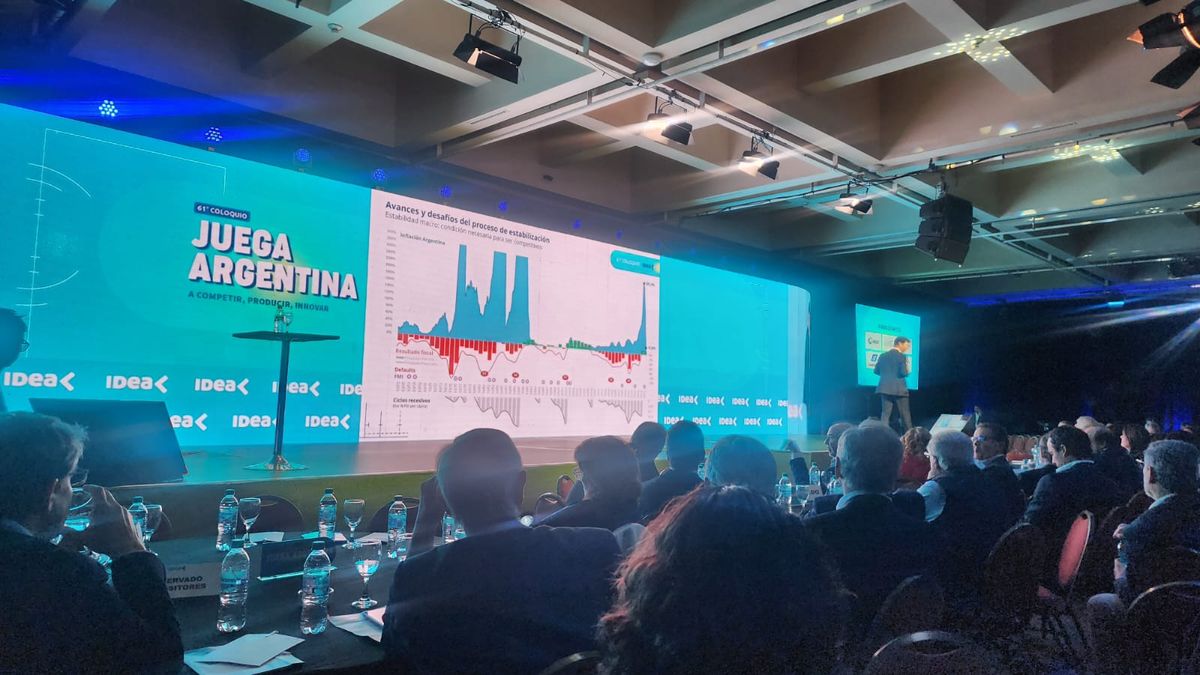What exactly have the EU countries decided?
The EU states agreed that the so-called fleet limits for cars should be reduced to zero by 2035. These specify to car manufacturers how much CO2 the vehicles they produce may emit during operation. In concrete terms, this means that CO2-emitting petrol and diesel vehicles are likely to be increasingly replaced by electric vehicles.
Can I still drive my combustion engine car after 2035?
Yes. When the law comes into force, only the sale of new cars with internal combustion engines would be restricted. Although the fleet limits deal with the emission of greenhouse gases while the car is being driven, the zero emissions target would not apply to private individuals.
What happens to my old combustion engine?
Vehicles that have already been registered would not be affected by the project. How a decision affects the prices for used combustion engines depends on many factors. This is also shown by the fact that the prices for used vehicles have risen enormously in the recent past. Drivers were and are mainly Corona, a lack of microchips and other parts. A ban on the sale of used cars with internal combustion engines is not planned.
Are the restrictions coming anyway?
That is very likely, above all because the EU Parliament is a little clearer in its position. In the next step, the two EU institutions must agree on a compromise on the project. So there could still be changes.
Is the next step a driving ban for combustion engines?
This is not to be expected. Plans to completely ban cars with internal combustion engines from the roads are not known. It is more realistic that a sales ban would automatically make combustion engines increasingly rare.
Which countries wanted to phase out internal combustion engines before 2035?
In some countries there has been a phase-out date for some time: Norway, for example, wants to stop selling vehicles with classic petrol or diesel engines from 2025. Great Britain, Sweden, Denmark, the Netherlands and Belgium most recently aimed for the year 2030.
How do German automakers react to the proposal?
Differing. Volkswagen boss Herbert Diess said: “It can come – we are best prepared.” The manager referred to the electric models already on offer and those still planned, as well as the strategies for in-house battery cell production and more in-house software. BMW CEO Oliver Zipse, on the other hand, thinks the ban is wrong. “To put everything on one card these days is an industrial policy mistake,” said Zipse. The German Association of the Automotive Industry (VDA) was also skeptical. “A Europe-wide, reliable charging infrastructure is a mandatory requirement for consumers,” said a VDA spokesman. In Germany one is far away from that.
Source: Nachrichten




